
Where you stay can make or break your holiday. Here are the red flags and pitfalls to look for when booking a hotel
A few years ago, a friend of mine asked for advice on where to go on her honeymoon. I duly gave her a list of my favourite hotels from across the world: Baros in the Maldives, Likuliku Lagoon in Fiji, Vahine Island in French Polynesia, Montpelier in St Kitts & Nevis among a few others.
“Oh my god,” she said as she Googled my list. “You’ve stayed in some stunning hotels.”
She’s right, but I’ve stayed in some ungodly ones as well, from a roach-infested room in Sri Lanka to a Fiji campsite with toads in the bathroom (yes, one did land on my foot in the dark one night). I have cried, despaired and quietly raged on holiday because of poor accommodation.
Red flags and Pitfalls when booking a hotel
Thankfully, after a decade of travel across 70 countries and seven continents, I have finessed a list of red flags and pitfalls to look for when booking a hotel. I still get things wrong on occasion, but more often than not, this checklist serves me well.
1. Narrowing your search to hotels
I was a luxury-hotel kind of girl until I met Peter who is far more adventurous when it comes to travel. His willingness to experiment gave me some of my most memorable travel experiences: staying in a beach fale in Samoa, a cave hotel in Cappadocia, a yurt in the English countryside, a desert camp in Djibouti, a monastery in Myanmar and a hobbit house in Ecuador among others.
Narrowing your search to hotels excludes dozens of potentially extraordinary experiences. Instead, use a platform like cozycozy to view all available accommodation in a single search.
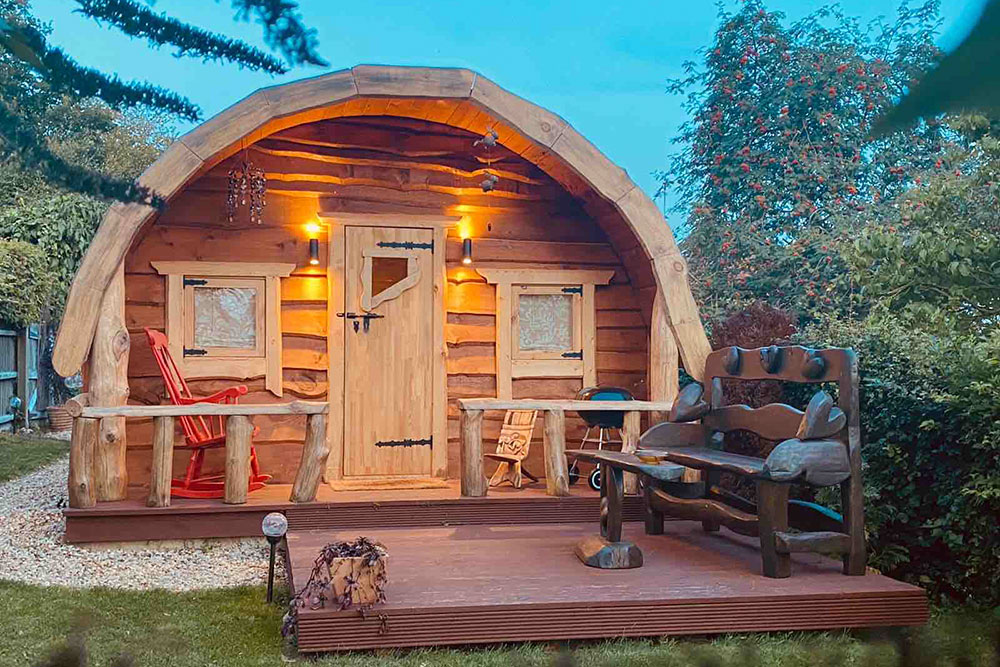
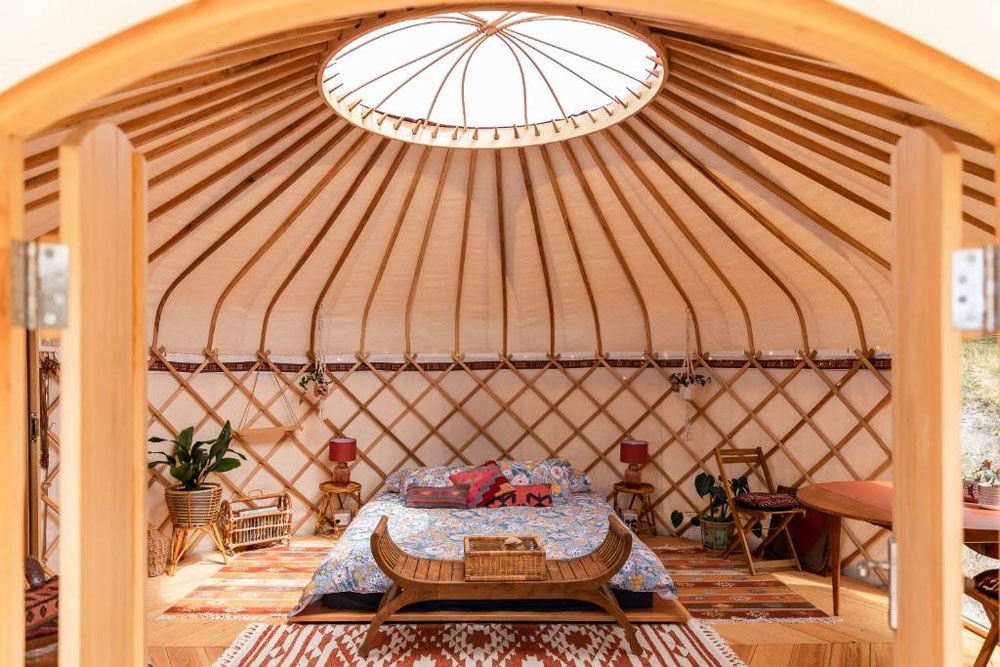
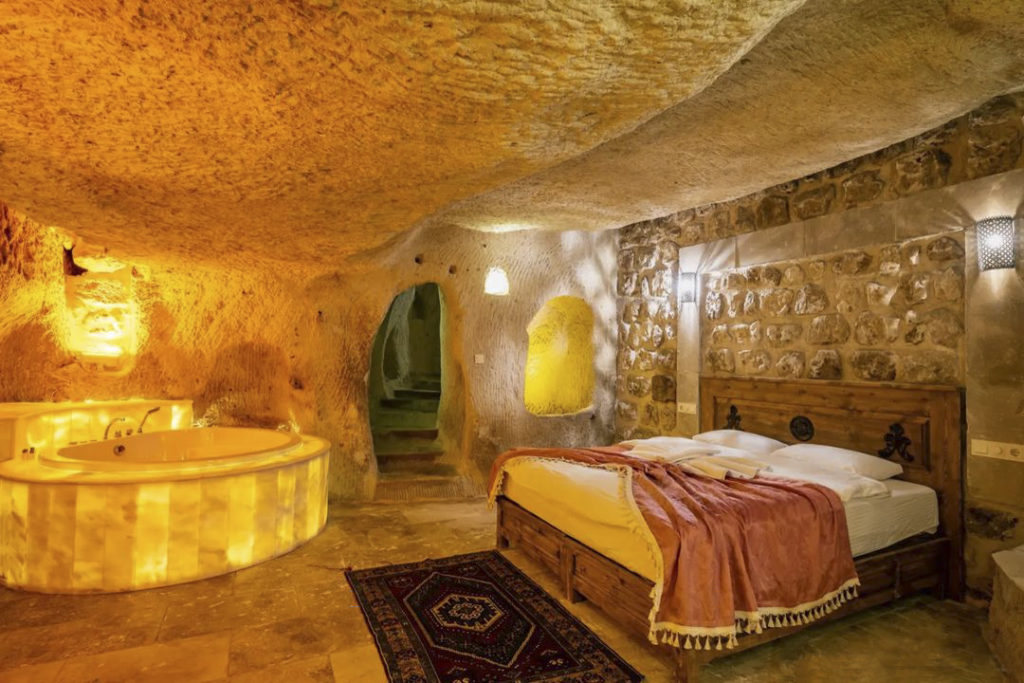
Fair Use
Consider booking a hobbit house, yurt or cave on cozycozy
cozycozy is the world’s only search engine that browses over hundreds of booking platforms including giants like Booking.com, Airbnb, hotels.com, VRBO, Tripadvisor, Expedia and Hostelworld as well as lesser-known merchants like Sonder, Cocoonr, Sportihome, Abracadaroom to provide a comprehensive list of hotels, apartments, houses, youth hostels, lodges, boats, tree houses, cottages, cabins and more.
2. A beach hotel with no sea view
One red flag to look out for when booking a room at a beach resort is anything with “Pool View” or “Garden View” in the description. This usually means that you won’t have a sea view!
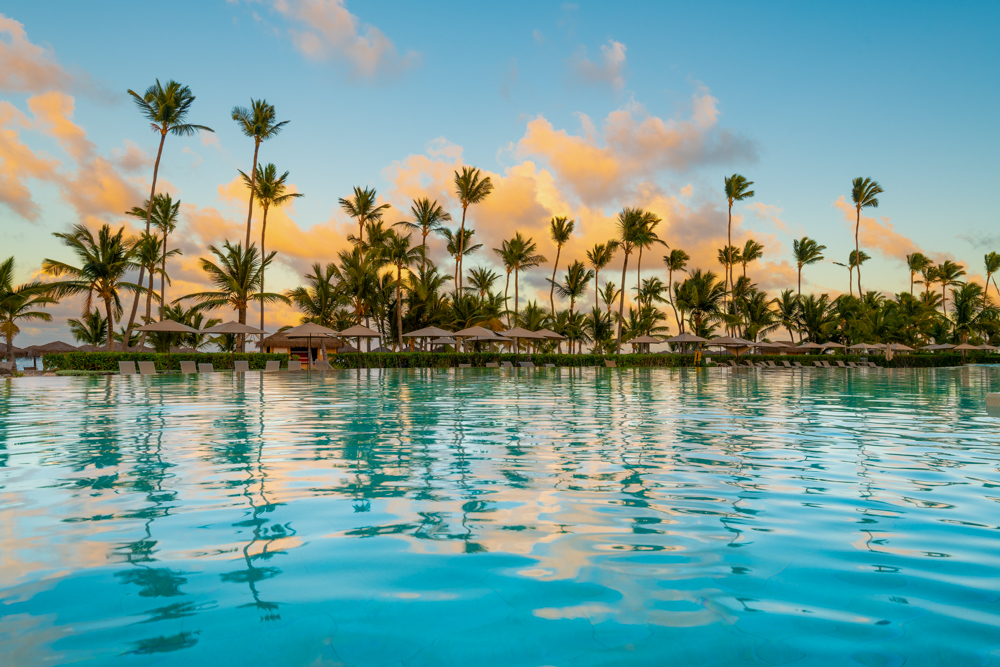
For some, this is fine, but when I stay at a beach resort, I want to be able to see the beach! Peter and I made this mistake in Djibouti where our hotel had a stunning view of the Red Sea on one side and a busy road on the other. To my dismay, I realised that we had booked a roadside room. Thankfully, the reception staff were able to change our booking. If they hadn’t, our stay might have been ruined.
Check the description properly to ensure that the room you are booking has a sea view if that’s important to you. Sometimes, it may specify a “partial sea view” or “side sea view” in which case you should check pictures of that room category in particular to see if it will suit.
3. Curtains… but no windows
Picture this: a sumptuous bed with crisp white sheets, the warm glow of a lamp at twilight and floor-length curtains drawn against the growing dark. You walk across the feather-like carpet to take a look at the nighttime view… only to be met by a blank wall.
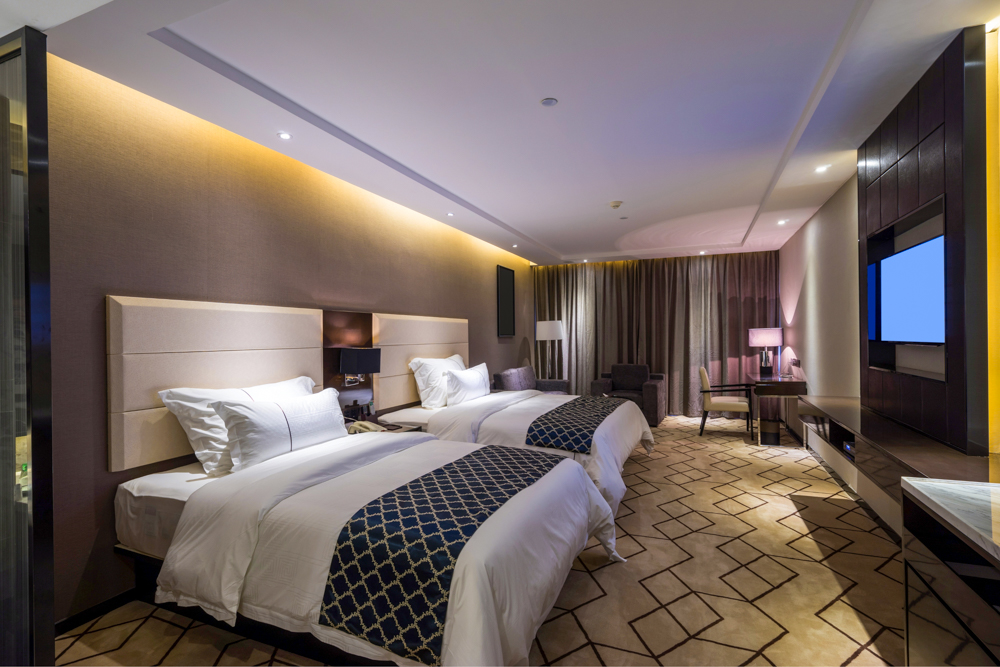
This is exactly what happened to us in a hotel in Cape Town. The pictures of our hotel room had artfully hidden one detail: there were no windows in the room and therefore no natural light.
For some, this isn’t a problem, but if you prefer natural light, double-check that there are windows!
4. Booking the cheapest option
Sometimes, you just need a stop gap: a one-night stay to break up a drive or somewhere to spend a long layover. In these cases, it can be tempting to simply go for the cheapest option when booking a hotel. This can, however, end in disaster.

In 2017, Peter and I needed somewhere to stop between our safari stays at Yala and Udawalawe National Parks in Sri Lanka. We opted for the cheapest option as we just needed somewhere to sleep. Cue the worst travel experience of my life: literal towers of bugs climbing up the door frames, flying cockroaches, a blizzard of insects as we ate dinner – with some landing in my dahl. It was too late in the night to relocate so we put up Peter’s mosquito net (thank god he’d had the foresight to bring one) and bedded down for the worst night’s sleep of my life.
The moral of the story: don’t always book the cheapest hotel even when you’re stopping for just a few hours.
5. Compromising on location
When you’re on a budget, it’s easy to persuade yourself that “a few miles isn’t that far” or “the area doesn’t look that dodgy.” That’s exactly what we did in Cartagena in Colombia. Or, more specifically, in Lo Amador, a sketchy neighbourhood a half-hour walk from the walled city of Cartagena.
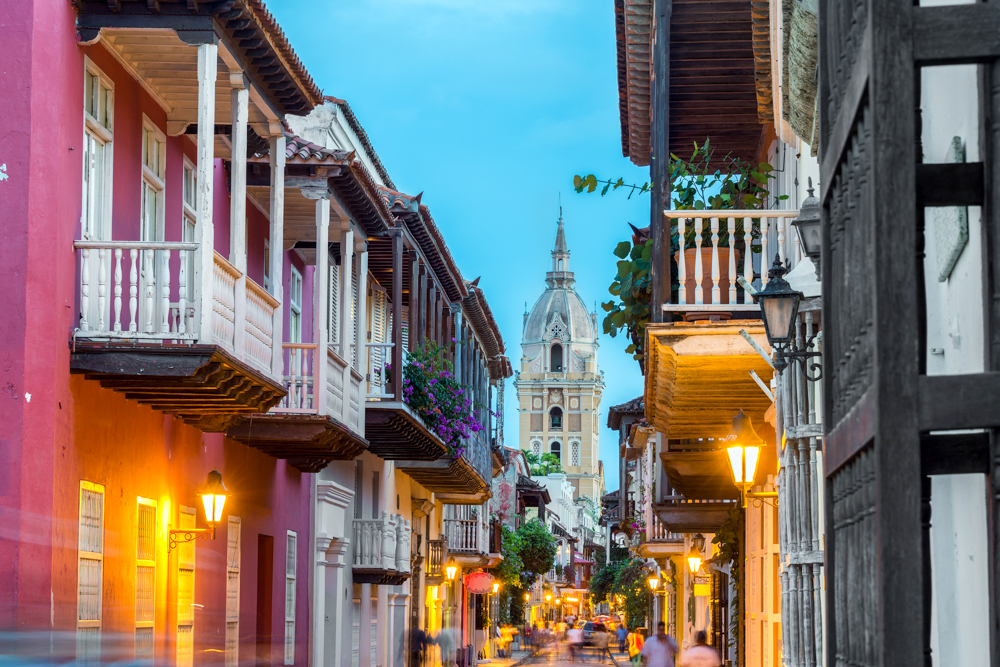
Peter and I had travelled the world! We were street smart and savvy! We’d be fine! And then, on our first outing, my bag got snatched by a guy on a motorbike. Peter managed to wrestle it back (heroic but not advisable) and we learnt another valuable lesson: don’t compromise on location.
Stretch your budget to stay closer to the sights you want to see. After a long day of exploring, you’ll be grateful that you don’t have to walk miles to your hotel.
6. Inflated scoring
It’s illuminating that when I went to score the above-mentioned horror hotel in Sri Lanka, the booking site summarised my ratings as 4/10. I was gobsmacked. How did the platform manage to deduce a 4 from my ratings? I would give it -4 if I could. At the very most, it deserved a zero.
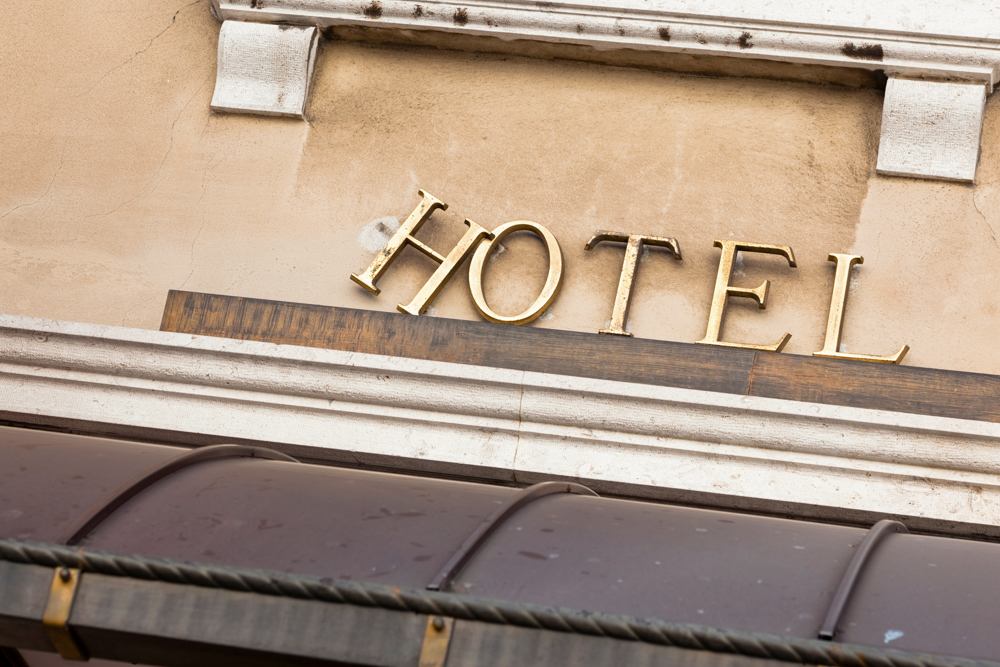
This taught me to be sceptical of ratings. In fact, my rule of thumb is to knock two points off the rating so an 8/10 becomes a 6/10. With this in mind, I rarely book a hotel that’s scored lower than 9. If there’s a borderline hotel I like the look of (say an 8/10), then I check individual reviews more carefully, which leads me to the next pitfall…
7. Not reading (some) negative reviews
Some people rely solely on the rating or will only read the top few reviews. I always make a point to check some of the negative reviews to get a flavour of the feedback. Sometimes, the complaints won’t matter to me personally (e.g. lack of entertainment for children) and I can safely disregard them. Other times, they give me a key piece of information that is relevant (e.g. no natural light in the rooms).

The key is not to read too many negative reviews as this may put you off even the best hotels. In fact, two- or three-star reviews are often more illuminating than the one-star as they are often more tempered and therefore more honest about what went wrong.
One basic tip: if something is particularly important to you, then search the reviews for that keyword (e.g. air conditioning, food, beach) to see what people have said about it.
8. Forgetting the basics
If you’re a seasoned traveller, it’s easy to get complacent when booking a hotel. Once or twice, I have booked a hotel without wifi in the room. Several times, I’ve almost left breakfast off the booking.

Breakfast is less important to me, but wifi is key. Peter and I fell foul of this as recently as 2022. We were in Antigua in Guatemala for three days partly because it’s a pretty city but mainly to catch up on work part way through a month-long trip.
Alas, our room didn’t come with wifi so we spent hours in the frigid courtyard hurrying through our emails. Eventually, we found a lovely rooftop bar nearby but you won’t always be so fortunate, so don’t forget to check the basics when booking a hotel.
9. Not scrolling down
When booking a hotel, you will usually be presented with a room category that best suits your search. As you scroll down, you may see a higher category of room (e.g. Super Deluxe instead of Deluxe and so on). Very occasionally, a better room may be listed more cheaply because a smaller proportion has been booked.
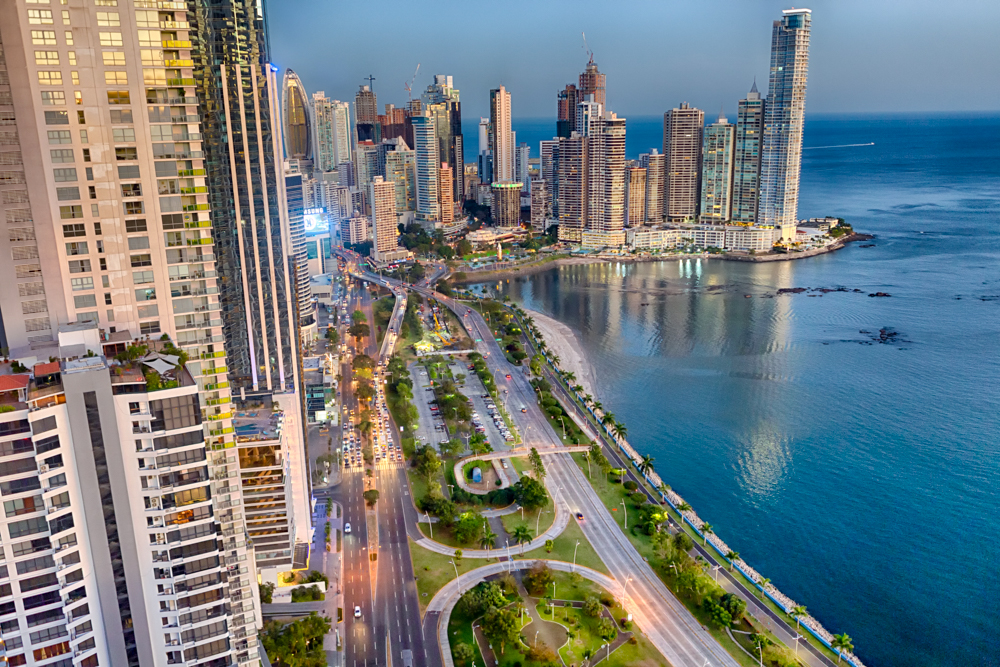
This is exactly what happened to us in Panama. A penthouse suite with expansive sea views was cheaper than a standard double room. We couldn’t believe there wasn’t a catch and booked it very tentatively. On arrival, our room turned out to be absolutely stunning, all because we scrolled through the available categories. It doesn’t happen often but it’s always worth checking, especially if you’re booking a hotel last minute.
10. Ignoring your limits
Finally, don’t ignore your limits when booking a hotel or other accommodation. If you hate wild camping, don’t assume that this time you’ll be okay. Opt for glamping instead.
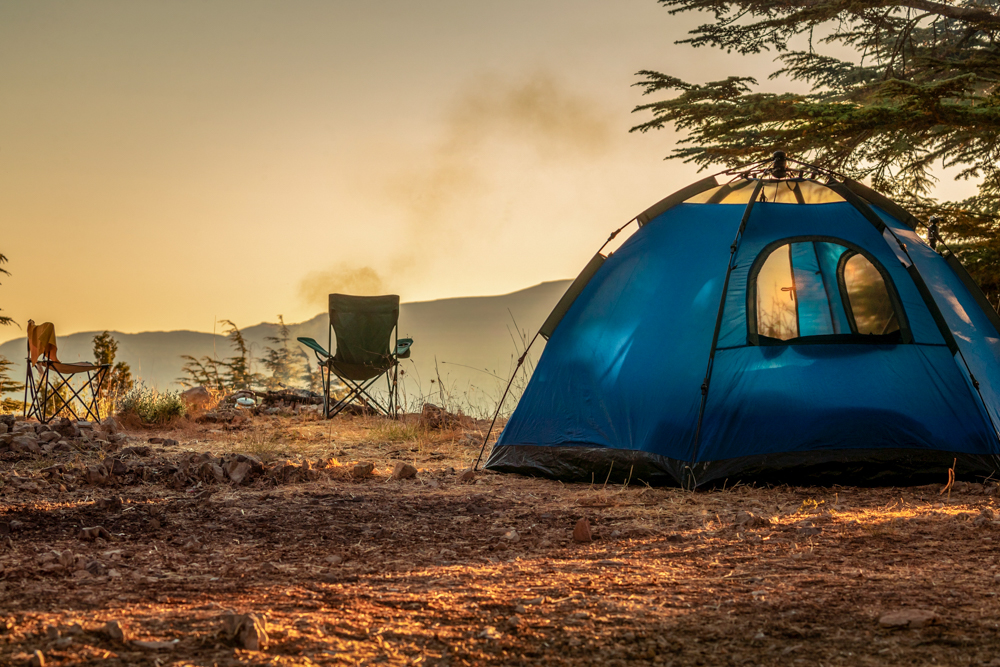
If you can’t abide the cold, perhaps an ice hotel is not the best option. Go for a log fire cabin instead. It’s good to get out of your comfort zone but if you’ve tried something a couple of times and hated it, don’t assume that the next time will be different.
I have tried camping time and again, convinced that this time I wouldn’t hate it. There have been occasions where the trip called for it (i.e. camping in the outback, hiking in the Simien mountains) and those times I’ve tolerated it, but I now know that I would always prefer a hot shower and flushing toilet. Set your limits and bear them in mind the next time you’re planning a trip.
Enjoyed this post? pin it for later…
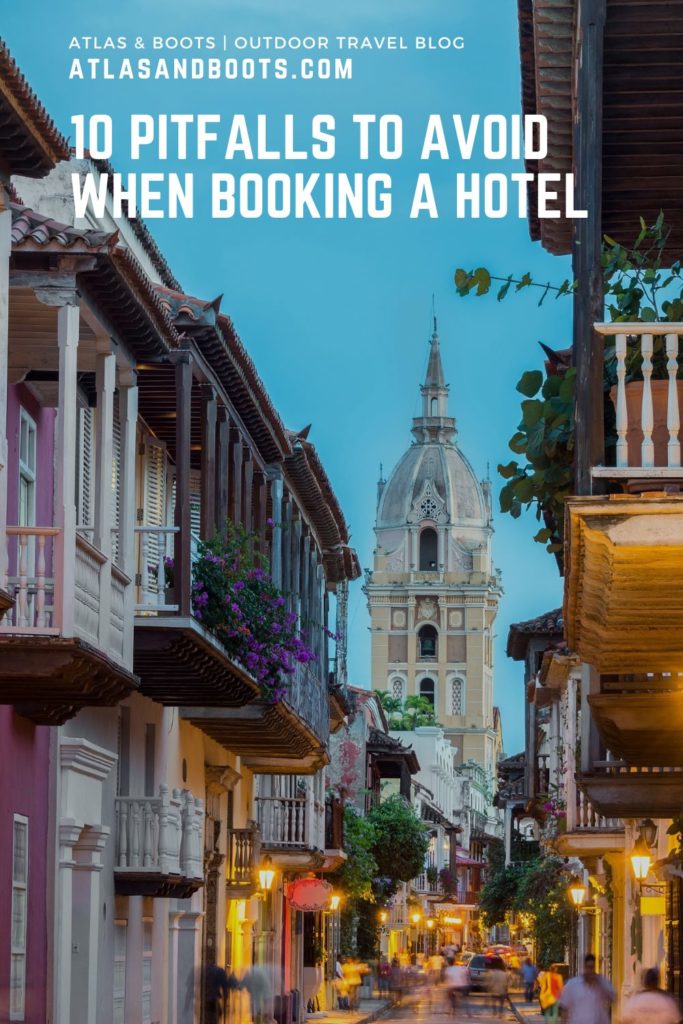
Lead image: Canva
Discover more from reviewer4you.com
Subscribe to get the latest posts to your email.



